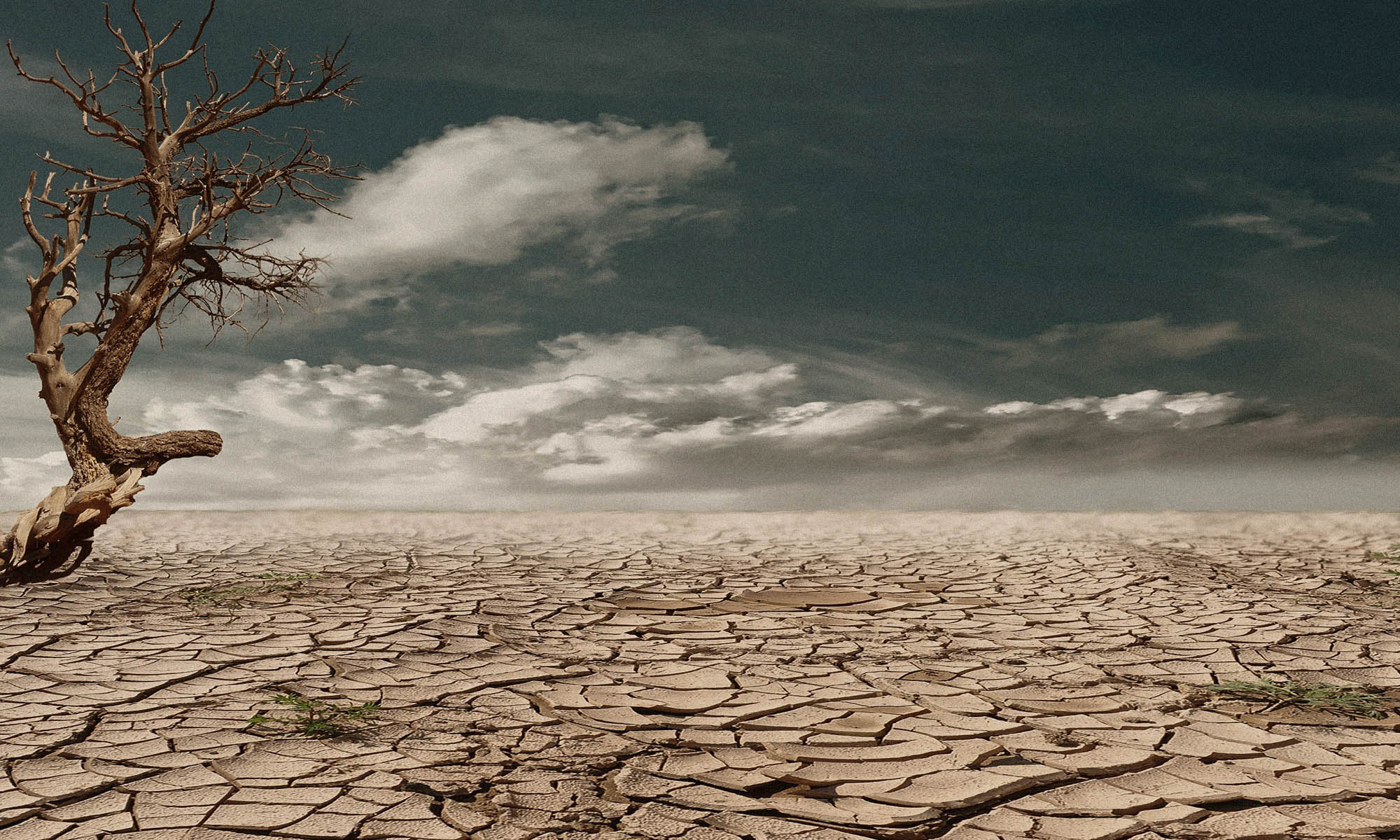Kenyan farmers are constantly seeking ways to improve their yields and livelihoods. One tool that’s been gaining attention is the Haller Farmers app. But is it worth downloading?
The Haller Farmers app, developed by the Haller Foundation, offers a wealth of agricultural knowledge tailored for small-scale farmers in Kenya. It provides practical advice on sustainable farming techniques, pest control, and water conservation – all critical issues in Kenya’s diverse agricultural landscape.
Key benefits include:
Offline accessibility, crucial in areas with limited internet connectivity
Information on organic farming methods, reducing reliance on expensive chemicals
Step-by-step guides for various crops, helping farmers diversify their produce
However, it’s important to note that the app is not a one-size-fits-all solution. Farmers should consider their specific needs, technical comfort, and farm conditions before adopting any new technology.
In conclusion, for many Kenyan farmers, especially those new to smartphone technology or looking to implement sustainable practices, the Haller Farmers app could be a valuable resource. It’s free to download, so curious farmers have little to lose by giving it a try.
As with any tool, its true value will depend on how effectively it’s used in conjunction with local knowledge and experience.
https://play.google.com/store/apps/details?id=org.haller.app

